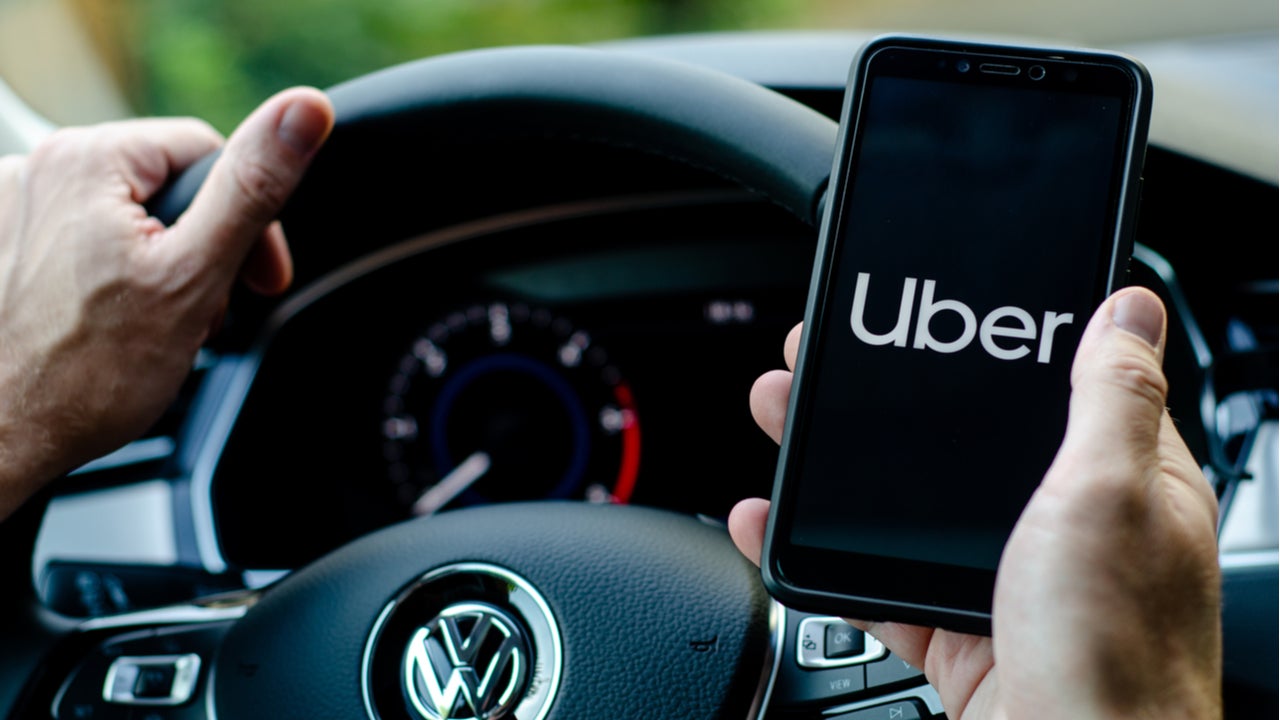
Ride-hailing app Uber has told its US drivers they can expect higher pay thanks to a $250m stimulus boost as it looks to incentivise drivers to return amid a shortage of workers. However, it has warned drivers that the additional pay is just a short-term measure at a time when Uber faces growing pressure on its reliance on gig economy workers.
The shortage stems from drivers looking for other work at the height of the pandemic after demand for taxis nosedived. But as restrictions have lifted across the US and vaccinated Americans venture out more, the exodus of drivers is yet to be reversed which is causing long waits for passengers in some areas.

Access deeper industry intelligence
Experience unmatched clarity with a single platform that combines unique data, AI, and human expertise.
In a blog post published Wednesday, Uber’s US and Canada vice president of mobility Dennis Cinelli said now was a “great time to be a driver” due to the high demand for rides.
“We want drivers to take advantage of higher earnings now because this is likely a temporary situation,” he continued. “As the recovery continues, we expect more drivers will be hitting the road, which means that over time earnings will come back to pre-Covid levels.”
According to the blog post, drivers in Philadelphia and Chicago should expect a median earnings per hour of $31.03 and $28.73, respectively. That’s before funds from the stimulus package or tips are factored in, but also before Uber takes its own cut – typically 25%.
The $250m driver stimulus would “boost already high earnings for drivers”, Cinelli added.

US Tariffs are shifting - will you react or anticipate?
Don’t let policy changes catch you off guard. Stay proactive with real-time data and expert analysis.
By GlobalDataLitigation against Uber suggests that many drivers would disagree with that statement.
In February Uber was forced to classify its UK drivers as workers rather than self-employed contractors after challenging the decision all the way to the Supreme Court. It means Uber will have to pay drivers the National Living Wage, holiday pay and automatic enrolment into a pension plan.
However, Uber successfully lobbied to pass the California Proposition 22 at the end of 2020, ensuring it can keep drivers listed as independent contractors in the state.
It comes as companies around the world that rely on gig economy workers face increasing scrutiny from regulators and lawmakers, as noted by a recent thematic research report from GlobalData.
Uber also recently said it would consider rolling back a feature that allowed Californian drivers to pick which rides to accept.
Rival firm Lyft also said this week that it would incentivise its drivers to return to work to match growing demand.






